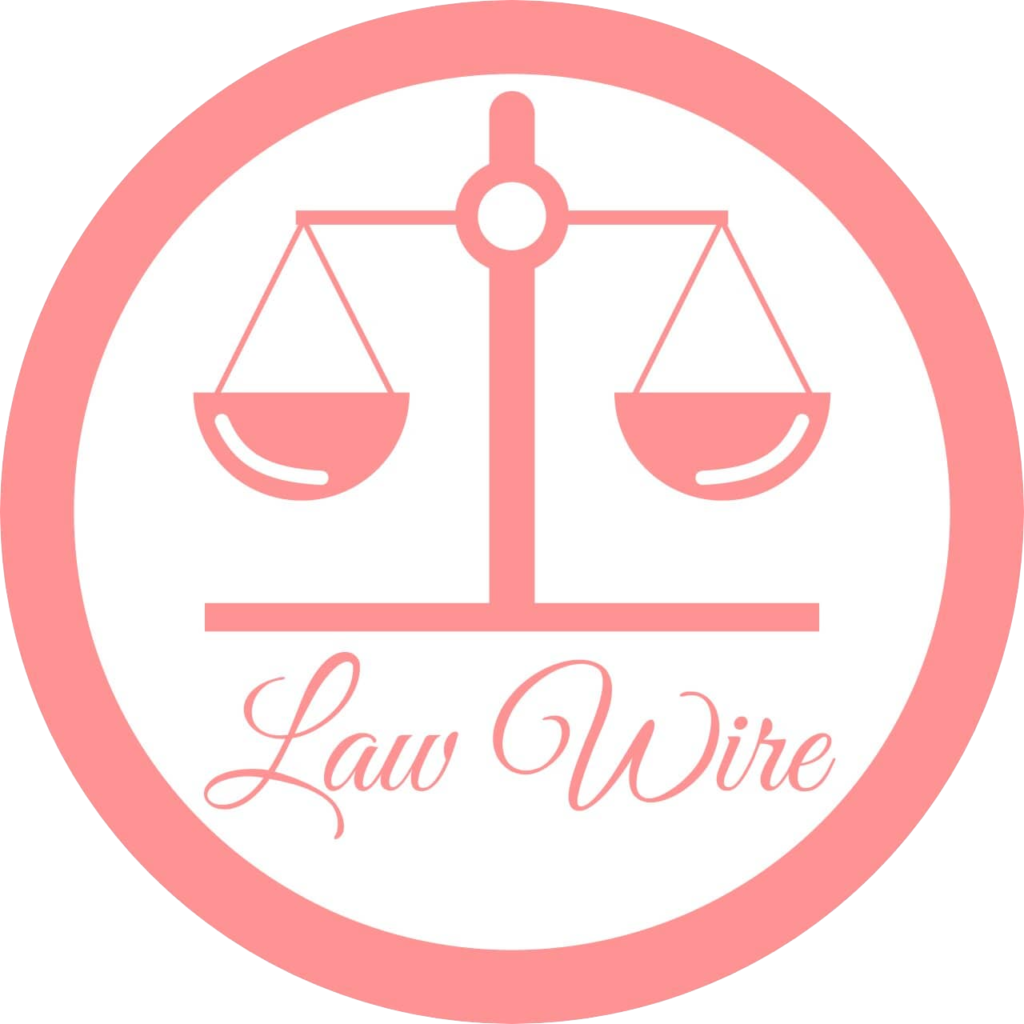Rule 1: Suits by or against Government—
In any suit by or against the Government the plaint or written statement shall be signed by such person as the Government may, by general or special order, appoint in this behalf, and shall be verified by any person whom the Government may so appoint and who is acquainted with the facts of the case.
Rule 2: Persons authorised to act for Government—
Persons being ex offico or otherwise authorised to act for the Government in respect of any judicial proceeding shall be deemed to be the recognised agents by whom appearances, acts and applications under this Code may be made or done on behalf of the Government.
Rule 3: Plaints in suits by or against Government—
In suits by or against the Government, instead of inserting in the plaint the name and description and place of residence of the plaintiff or defendant, it shall be sufficient to insert the appropriate name as provided in Section 79.
Rule 4: Agent for Government to receive process—
The Government pleader in any Court shall be the agent of the Government for the purpose of receiving processes against the Government issued by such Court.
Rule 5: Fixing of day for appearance on behalf of Government—
The Court, in fixing the day for the Government to answer to the plaint, shall allow a reasonable time for the necessary communication with the Government through the proper channel, and for the issue of instructions to the Government pleader to appear and answer on behalf of the Government, and may extend the time at its discretion but the time so extended shall not exceed two months in the aggregate.
Rule 5-A: Government to be joined as a party in a suit against a public officer—
Where a suit is instituted against a public officer for damages or other relief in respect of any act alleged to have been done by him in his official capacity, the Government shall be joined as a party to the suit.
Rule 5-B: Duty of Court in suits against the Government or a public officer to assist in arriving at a settlement—
(1) In every suit or proceeding to which the Government or a public officer acting in his official capacity, is a party, it shall be the duty of the Court to make, in the first instance, every endeavour, where it is possible to do so consistently with the nature and circumstances of the case, to assist the parties in arriving at a settlement in respect of the subject-matter of the suit.
(2) If, in any such suit or proceeding, at any stage, it appears to the Court that there is a reasonable possibility of a settlement, between the parties, the Court may adjourn the proceeding for such period as it thinks fit, to enable attempts to be made to effect such a settlement.
(3) The power conferred under sub-rule (2) is in addition to any other power of the Court to adjourn proceedings.
Rule 6: Attendance of person able to answer questions relating to suit against Government—
The Court may also, in any case in which the Government pleader is not accompanied by any person on the part of the Government who may be able to answer any material questions relating to the suit, direct the attendance of such a person.
Rule 7: Extension of time to enable public officer to make reference to Government—
(1) Where the defendant is a public officer and, on receiving the summons, considers it proper to make a reference to the Government before answering the plaint, he may apply to the Court to grant such extension of the time fixed in the summons as may be necessary to enable him to make such reference and to receive orders thereon through the proper channel.
(2) Upon such application the Court shall extend the time for so long as appears to it to be necessary.
Rule 8: Procedure in suits against public officer—
(1) Where the Government undertakes the defence of a suit against a public officer, the Government pleader, upon being furnished with authority to appear and answer the plaint, shall apply to the Court, and upon such application the Court shall cause a note of his authority to be entered in the register of civil suits.
(2) Where no application under sub-rule (1) is made by the Government pleader on or before the day fixed in the notice for the defendant to appear and answer, the case shall proceed as in a suit between private parties:
Provided that the defendant shall not be liable to arrest, nor his property to attachment, otherwise than in execution of a decree.
Rule 8-A: No security to be required from Government or a public officer in certain cases—
No such security as is mentioned in Rules 5 and 6 of Order XLI shall be required from the Government or, where the Government has undertaken the defence of the suit, from any public officer sued in respect of an act alleged to be done by him in his official capacity.
Rule 8-B: Definitions of “Government” and “Government pleader”—
In this Order unless otherwise expressly provided “Government” and “Government pleader” mean respectively—
(a) in relation to any suit by or against the Central Government, or against a public officer in the service of the Government, the Central Government and such pleader as that Government may appoint whether generally or specially for the purposes of this Order;
(c) in relation to any suit by or against a State Government or against a public officer in the service of a State, the State Government and the Government pleader as defined in clause (7) of Section 2 or such other pleader as the State Government may appoint, whether generally or specially, for the purposes of this Order.
CONNECTED SECTIONS
Coming up soon…
